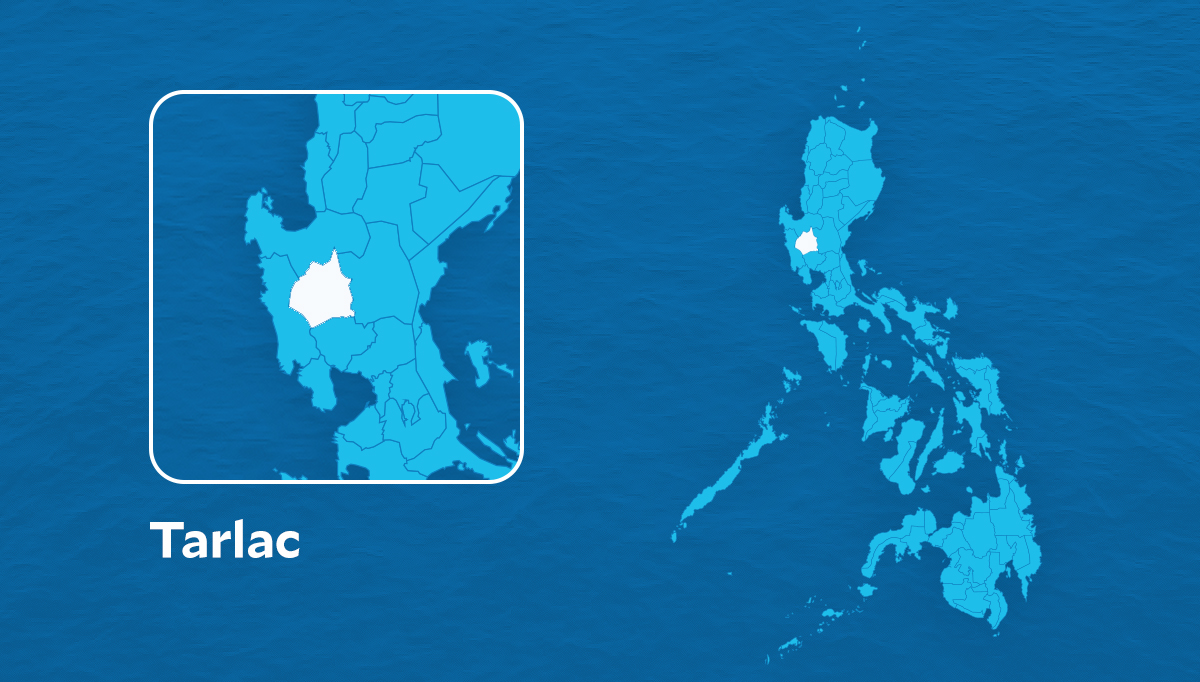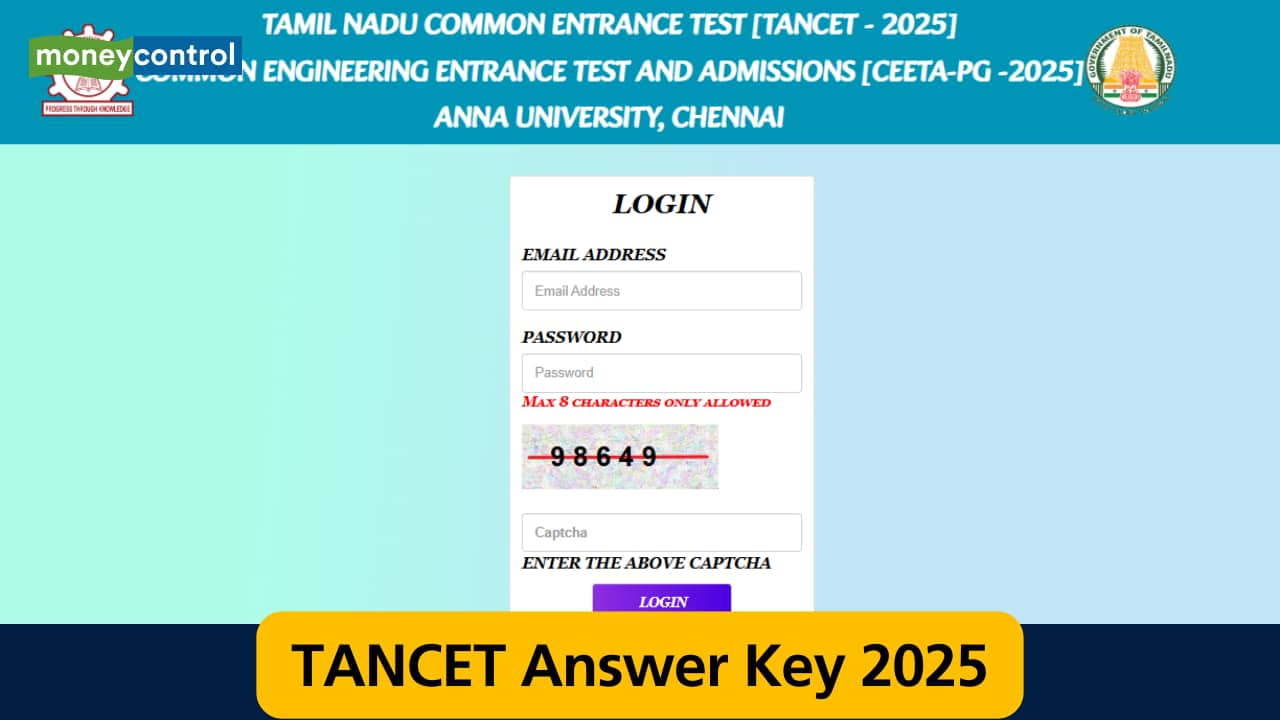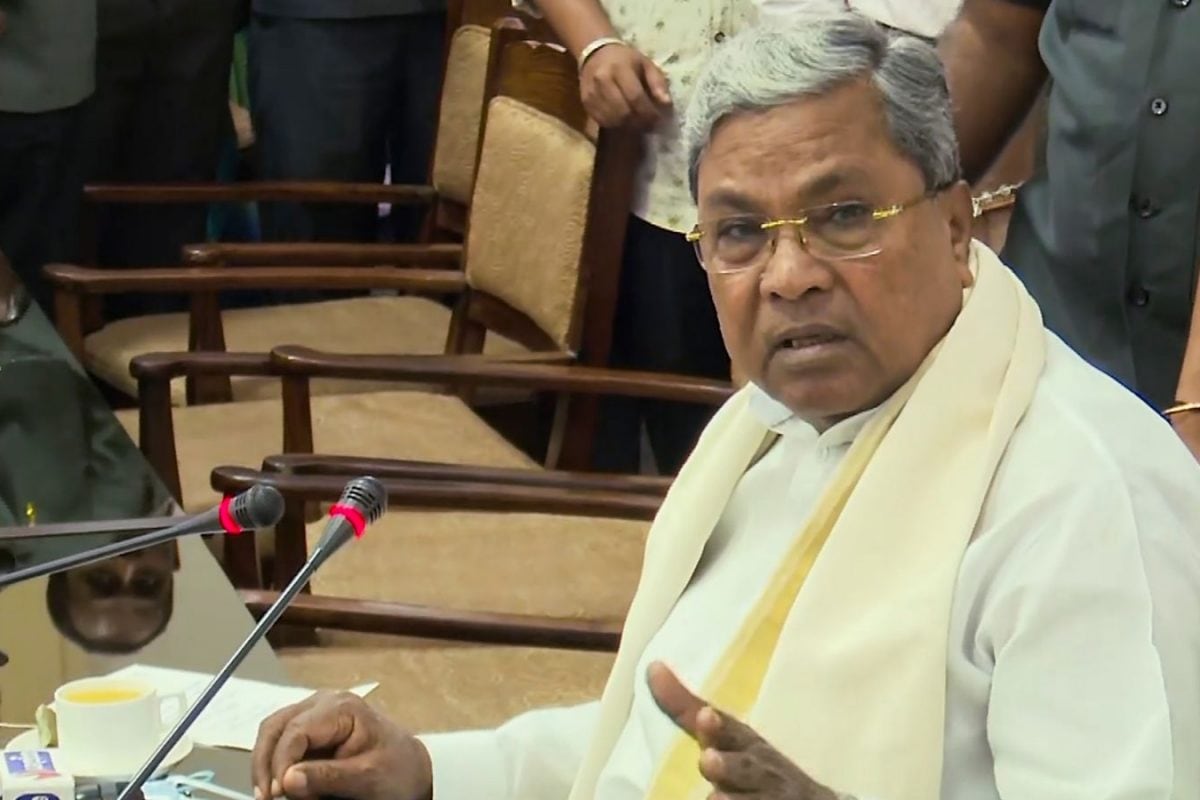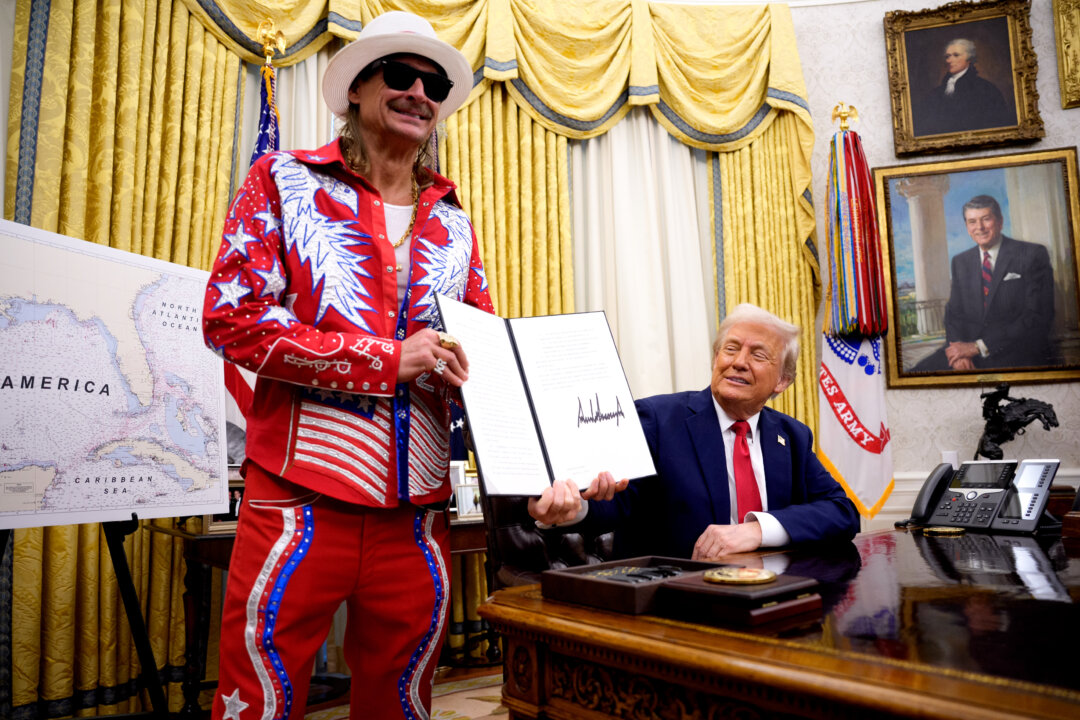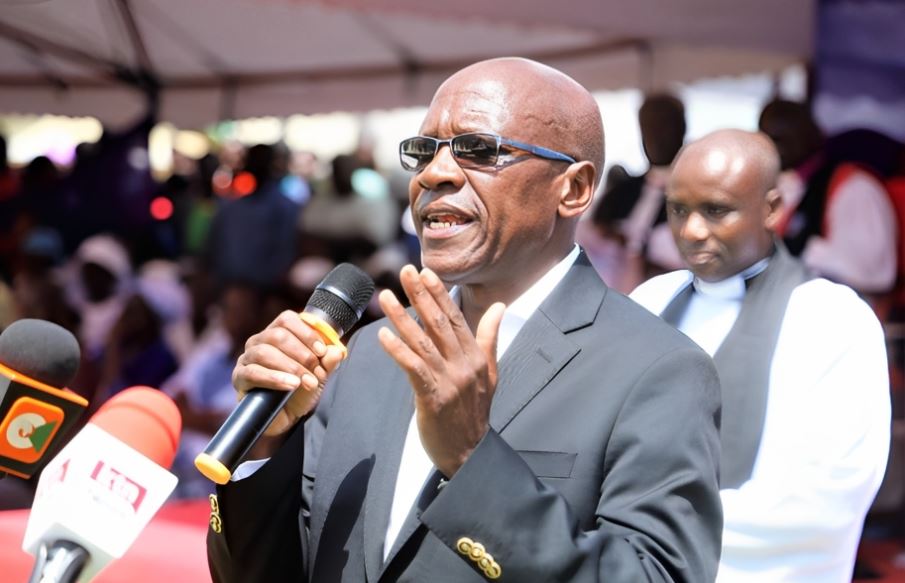
Nuclear proliferation has been, by and large, a function of the long-term national interests of the major world powers, especially the US-led West. Their policies towards the nuclear ambitions of lesser states have generally been defined by their respective vital national interests and/or their geopolitical and geostrategic compulsions of the day. No non-negotiable international standards on nuclear proliferation have ever existed or been strictly adhered to.
Principles of “morality, impartiality, uniformity, fairness, equality, and justice” in nuclear affairs have either been non-existent or worse than abysmal, at best. These major powers, and especially the US-led West, have been complicit in facilitating, directly or indirectly, some states in crossing the fateful nuclear Rubicon. As a matter of fact, this so-called policy is epitomised more by variables and exceptions rather than unwavering, immutable principles, values and rules.

Inconsistency in its application has further enabled the spread of nuclear weapons, of which the world has not yet seen the end. There are many pretenders still in this critical pipeline. World Bank Group BoD okays $300m IDA loan for Punjab Clean Air Programme Unsurprisingly, the US-led West’s approach to each of the four non-NPT nuclear weapon states (NWS) has been governed more by its geopolitical and geostrategic imperatives than by the ramifications of uncontrolled nuclear proliferation.
Israel was, and ostensibly still is, being assisted in its nuclear weapons programme by the US-led West. It protects it through kinetic support as well as the provision of the latest cutting-edge technologies, weapon systems, equipment, training, strategic and tactical intelligence sharing, satellite imagery, timely electronic and human intelligence, and steadfast economic, military, political and diplomatic backing. A complete security and development package seems to be in operation.
A militarily dominant, nuclear weapons-capable Israel goes a long way in helping secure the US-led West’s vital national interests in the Greater Middle East Region (GMER) and beyond. India is the original and primary proliferator of nuclear weapons. It successfully deceived the US-led West and others by going nuclear in 1974.
Later on, it played its hand well when it exploited the Iran-Pakistan-India Gas Pipeline conundrum with the US and convinced President George W. Bush to grant it the Civil Nuclear Deal. This allowed India to separate its civil and military nuclear programmes and ominously continue piling up and stockpiling fissile material at an astonishing rate without any international observation, inspection or opprobrium.
In the process, it also gained access to trade in nuclear materials, although its efforts to gain admission into the Nuclear Suppliers Group have been consistently foiled by China. It also has a very vibrant and evolving ballistic missile programme. Pakistan’s sesame seed exports to China surge by 180pc in early 2025 The Soviet invasion of Afghanistan provided Pakistan with the geopolitical environment and opportunity to further its nuclear programme and bring it to fruition.
India seriously aggravated and upended the subcontinent’s strategic balance by testing its nuclear devices in May 1998. Pakistan was therefore compelled to counter the consequent existential threats these tests exuded and rapidly recreate that vital sub-regional strategic balance. These Indian nuclear tests had unintended consequences and effects as well; they helped create the elusive strategic environment that Pakistan sorely needed to go nuclear itself! Had India not done so in May 1998, Pakistan would have struggled massively to create the necessary strategic environment and rationale to test its nuclear devices.
Thereafter, its nuclear programme has developed in leaps and bounds. Now, not only does Pakistan maintain a viable strategic balance in the subcontinent, but it has also created a credible, full-spectrum deterrence capability. Honda Atlas Cars celebrates start of its first-ever export of CBU units from country The US-led West now needs to confront the Iranian nuclear paradox.
Iran and the P5+1—that is, the five permanent members of the UNSC and Germany, together with the EU—finalised the Joint Comprehensive Plan of Action (JCPOA) in Vienna on 14 July 2015. It aimed at limiting Iran’s nuclear programme in return for sanctions relief and other provisions. President Trump walked out of the JCPOA in 2018 and imposed excruciating sanctions under his policy of “maximum pressure”.
The sanctions applied to all countries and companies doing business with Iran and cut it off from the international financial system as well. This nullified the economic provisions of the nuclear deal. However, Iran’s nuclear programme appears to have benefitted most from President Trump’s arbitrary rejection of the JCPOA.
Arguably, it might have given Iran critical time to further its nuclear programme—which it continuously professes is not directed at acquiring nuclear weapons! Media reports indicate that it has achieved an enrichment level of 60%. However, enrichment is an evolving and ongoing process, and assuming it to become static at any point might not be very prudent. This state of affairs might have placed Iran beyond the stage of being readily coerced, sanctioned, bludgeoned into submission and/or deterred from crossing the nuclear Rubicon.
It might also have placed Iran in a much better and stronger negotiating position now than it was in President Trump’s first term. Any military action against Iran’s nuclear assets could ostensibly provoke counterattacks on Israel’s nuclear installations/assets too. That could possibly have catastrophic outcomes for the region and the world at large.
President Trump might yet feel constrained to rather seek a peaceful, comprehensive, multidimensional, far-reaching, mutually beneficial “deal” with Iran. Farmers advised to remove weak and extra plants from sunflower crops The US-led West has never had a unified, common, principled, just, fair and balanced approach or policy in global nuclear affairs. This has allowed a few more nuclear weapons-capable states to emerge.
It has accepted and encouraged both Israel and India, sanctioned, exploited and barely tolerated Pakistan, and been extremely critical of and hostile towards North Korea. It is now floundering in vacuity about how to deal with Iran—which ominously might end up drawing the right lessons from a comparative analysis of the contrasting fates of Ukraine and North Korea! Imran Malik The writer is a retired brigadier of the Pakistan Army. He can be reached at im.
[email protected] and tweets @K846Im. Tags: nuclear affairs.




